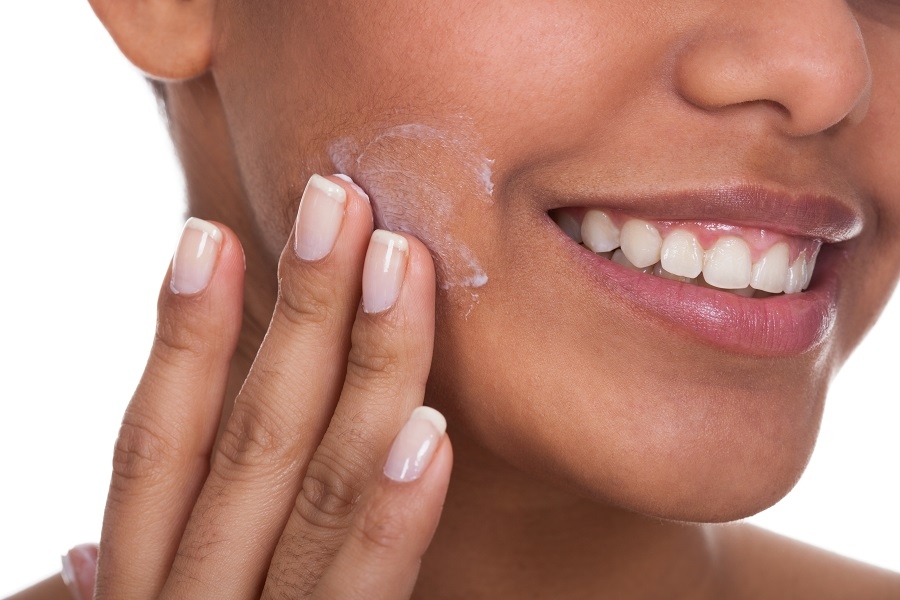Fact or Fiction: Driving all skin care ingredients deeper into the skin will make them more beneficial.
Written by Karen AsquithSkin care ingredients are formulated with specific delivery systems to ensure they reach the targeted skin level for which they were designed to act. If an ingredient is penetrated deeper into the skin, when, in fact, it is meant to remove the dead cells from the stratum corneum, an enzyme for example, it would not be able to carry out its intended function. If that enzyme was meant to break down the proteic bonds that were securing the partially dead cell to the surface of the skin, what benefit would it have to penetrate it past that level? Hyaluronic acid is currently a highly demanded ingredient in skin care formulations. Many years ago, there was only one form of hyaluronic acid available in skin care formulations, which was of a high molecular weight. It held the moisture at the surface level of the skin, as the size did not allow penetration. Over the years, scientific research discovered that by using varying molecular weights of hyaluronic acid, increased results could be achieved in the skin. While the high molecular weight hyaluronic acid remains at the upper level of the epidermis to provide surface hydration, the smaller molecules of the lower molecular weight hyaluronic acid penetrate deeper to hydrate and retain the natural moisture, satisfying the hydration requirements of all layers of the epidermis.
Enzyme inhibitor peptides, signal peptides, carrier peptides, and neurotransmitter peptides all provide different actions at different levels in the skin and are often combined in formulations with other active ingredients, such as antioxidants and vitamins. Again, do they all work at the same level? Do they need to be forced deeper into the skin? From bio-vectors to liposomes, professional ingredient suppliers develop their active ingredients making certain with exhaustive clinical evaluations that the ingredient penetrates to the specific level required to achieve the desired results.
Professional and reliable skin care product manufacturers prepare their formulations respecting the recommended concentrations, pH, and other parameters to ensure they achieve results. The final product should also undergo both objective clinical studies – meaning it is tested in a laboratory using specialized equipment to measure the results and provide the data – and subjective studies, in which the individuals provide their personal feedback. Always check when considering purchasing a product and validate whether the claimed clinical studies included objective studies or if they were all subjective. Ten people’s opinions are just that, opinions, not fact, and as they say, everybody has one.
To conclude, the best way to separate fact from fiction is to do research and ask product suppliers for all the data required to be comfortable with the ingredients they use and how they function in the skin. This can dispel the myth in dialogue with clients when they come to the spa and say, “I heard that driving all skin care ingredients deeper into the skin will make them more beneficial.”
